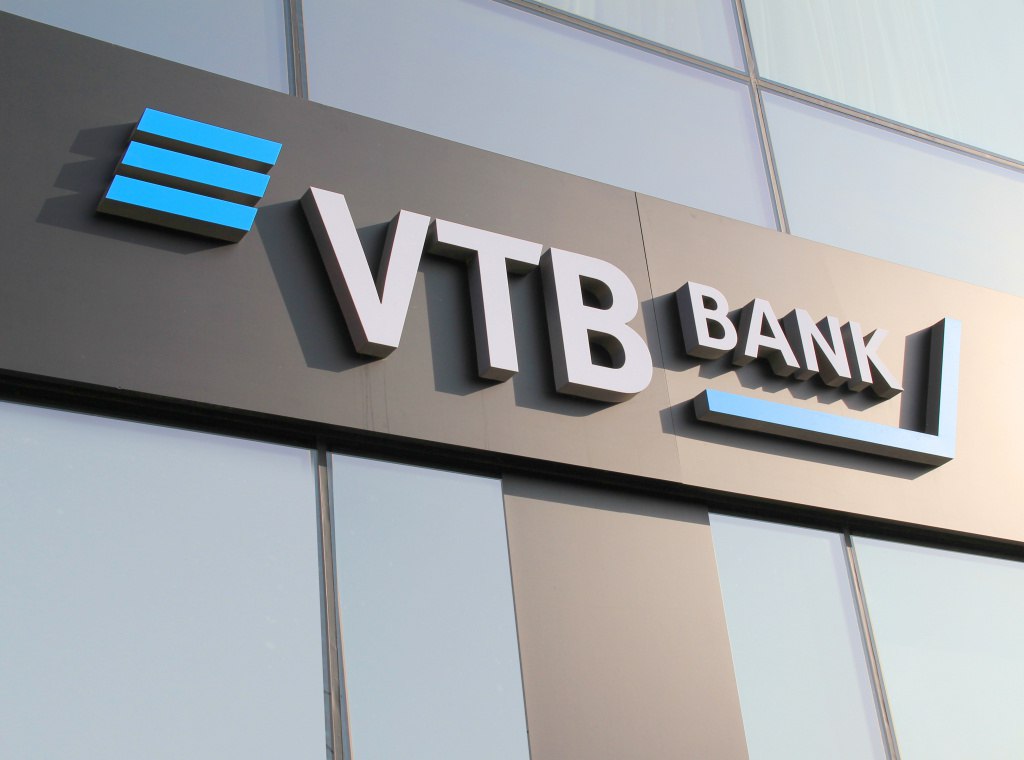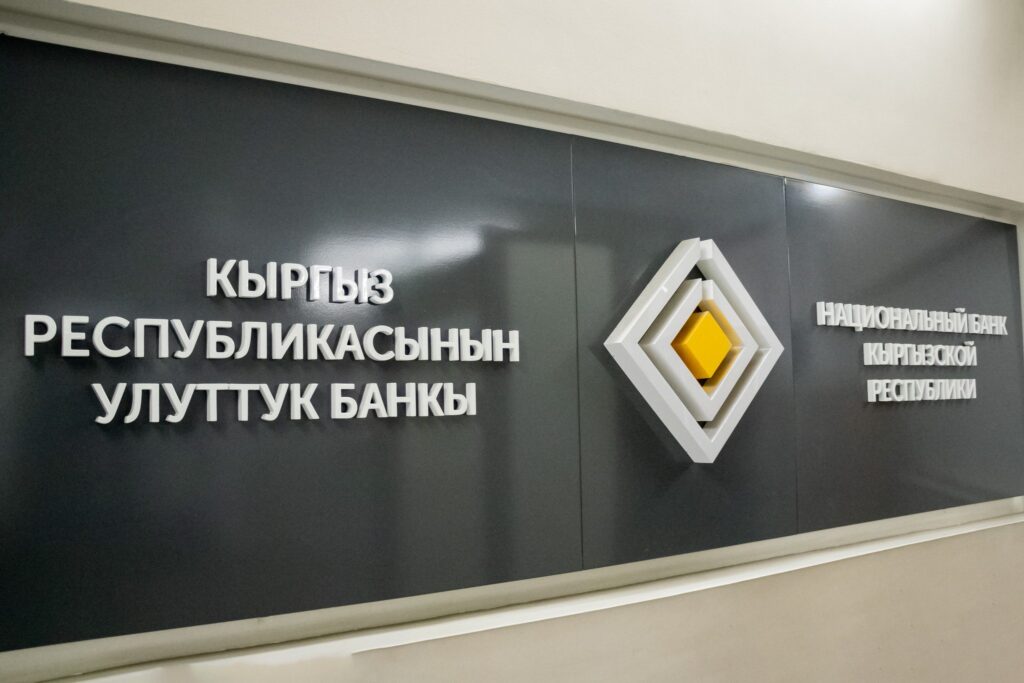Viewing results 1 - 6 of 3
Kazakhstan's Home Credit Bank has stopped its cooperation with the Russian VTB Bank because of the risk of secondary sanctions, Home Credit has reported. “In connection with international sanctions imposed on JSC DO Bank VTB Kazakhstan (VTB Kazakhstan), JSC 'Home Credit Bank' has decided to cease cooperation with VTB Kazakhstan to exclude the risks of secondary sanctions. In this regard, any transfer operations in tenge and foreign currency on customers' accounts to/from VTB Kazakhstan will be stopped,” the bank's statement read. VTB remains the only Russian bank with a subsidiary structure in Kazakhstan. Earlier, Sberbank and Alfa Bank sold their subsidiary banks in the country. The US, EU, and UK are enforcing sanctions on VTB. As of July 1, 2024, VTB Kazakhstan ranked 18th in assets among the country's 21 banks. Home Credit Bank Kazakhstan was previously owned by Home Bank, but fully exited the asset at the end of 2022. Home Credit Bank CEO Kirill Bachvarov explained that this was necessary to restore the bank's rating, as the link to the Russian shareholder negatively affected its position. In July 2024, the U.S. Treasury tightened sanctions against Russia, adding to the list of companies whose work with Russia could lead to risks of secondary sanctions, including VTB Kazakhstan.
In regard to the suspension by some Kyrgyz banks of money transfers between Kyrgyzstan and Russia, the National Bank explained to The Times of Central Asia that second-tier banks are working to prevent the negative impact of international sanctions. “To minimize the risk of secondary sanctions, measures are taken to strengthen control over clients and counterparties, to conduct thorough checks to ensure that they are not on the sanctions lists,” said representatives of the financial regulator, before adding that the National Bank is remotely supervising compliance with international sanctions. All commercial banks in Kyrgyzstan must check their counterparties in adherence to the policy “know your client,” and request documents from clients confirming the origin of funds. It should be noted that money transfers between Kyrgyzstan and Russia are still carried out through ruble details of other Russian banks, which have not fallen under sanctions. In addition, it is possible to transfer funds through money transfer systems. On June 12, 2024, the U.S. Treasury Department's Office of Foreign Assets Control (OFAC) added the Moscow Exchange, the Russian Center, and the National Settlement Depository National Cleari to its sanctions list. As a result, trading in the U.S. dollar and euro was halted at the Moscow Exchange. Then, eight commercial banks from Kyrgyzstan restricted their work to Russian money transfer systems. But after a few days, work with Russian-sanctioned banks was resumed. In April this year, Kyrgyzstan stopped accepting Russian MIR cards due to the risk of secondary sanctions. Later, the head of the Kyrgyz Cabinet of Ministers, Akylbek Zhaparov, said that once a processing center is created, they will continue to work with Russian banking systems. Currently, the Interbank Processing Center of Kyrgyzstan is serviced by a Latvian company providing work software.
More than a dozen banks in Kyrgyzstan have suspended money transfers to Russia to avoid falling under secondary sanctions, which could lead to blocked operations and loss of access to international financial markets. The list of banks involved includes large and regional institutions. By suspending transfers, the banks aimed to reduce risks associated with international payment systems such as SWIFT, which can be used to pressure financial institutions linked to Russia. The situation became more complicated after several Western countries began to monitor financial transactions related to Russia and apply sanctions to banks that continue such transactions. Nevertheless, some banks in Kyrgyzstan have found ways to maintain financial flows between the two countries by using transfers that are less dependent on international systems. For example, Optima Bank and Aiyl Bank employ alternative systems that are not subject to Western sanctions. Inter-country remittances play an essential role in the Kyrgyz economy, contributing to economic stability and supporting the well-being of many families. The imposition of restrictions could significantly impact the country, especially since numerous households in Kyrgyzstan depend on remittances from Russia for a significant portion of their income. In June, several banks in Kyrgyzstan suspended work with Russian money transfer systems amid the expansion of U.S. sanctions. At the time, Mbank explained that the temporary restriction was caused by “volatility of the exchange rate and possible sharp fluctuations in the currency market.” In addition to MBank, restrictions were imposed by Doscredobank, KICB, Keremet Bank, Kompanion Bank, RSK Bank, KCB Bank, and Bai-Tushum Bank, but later lifted by some to resume accepting transfers from Russia.



